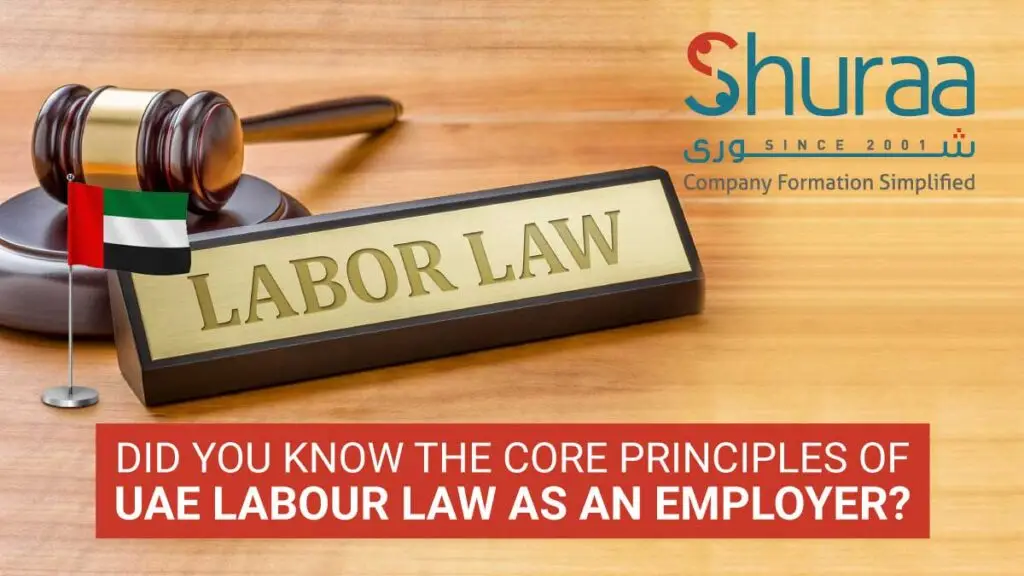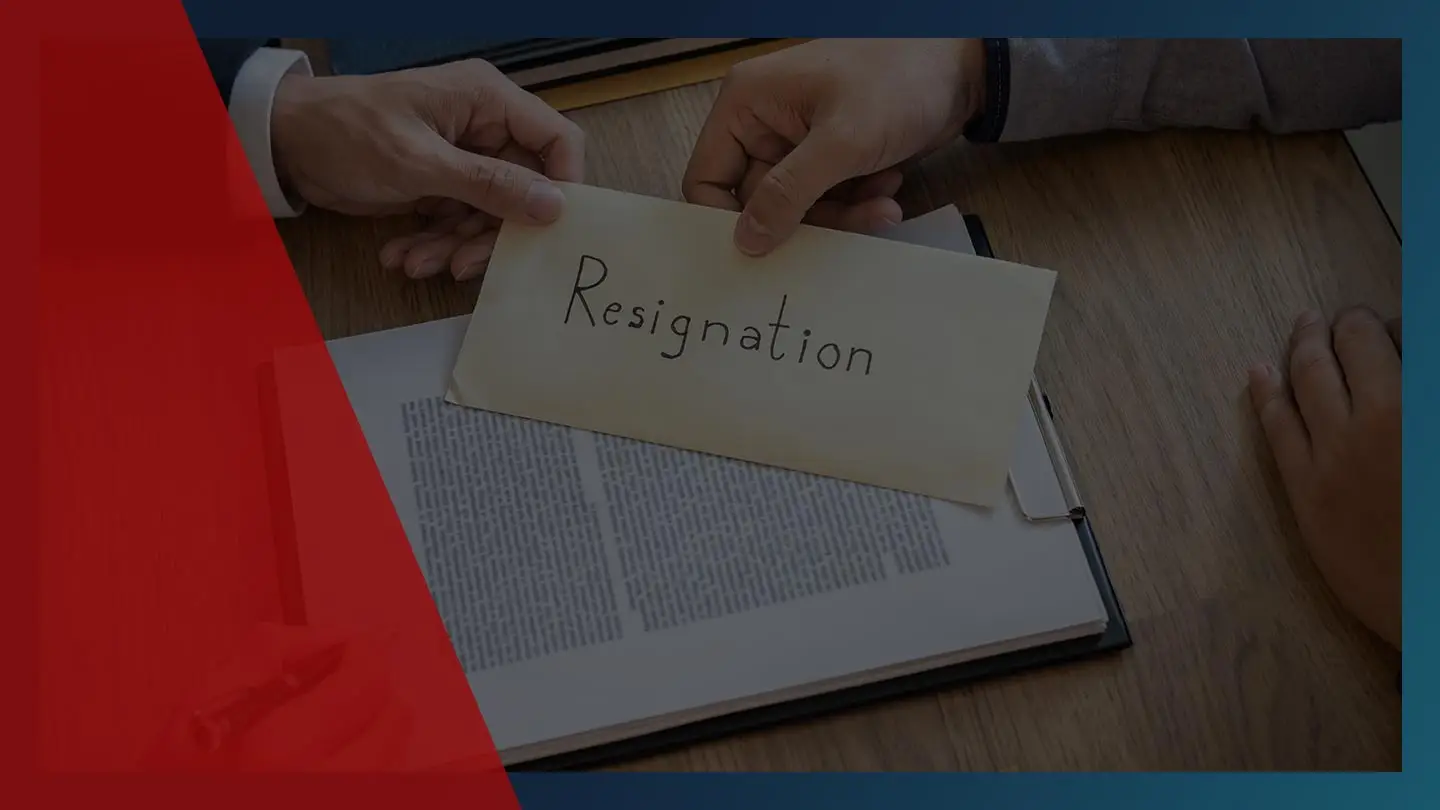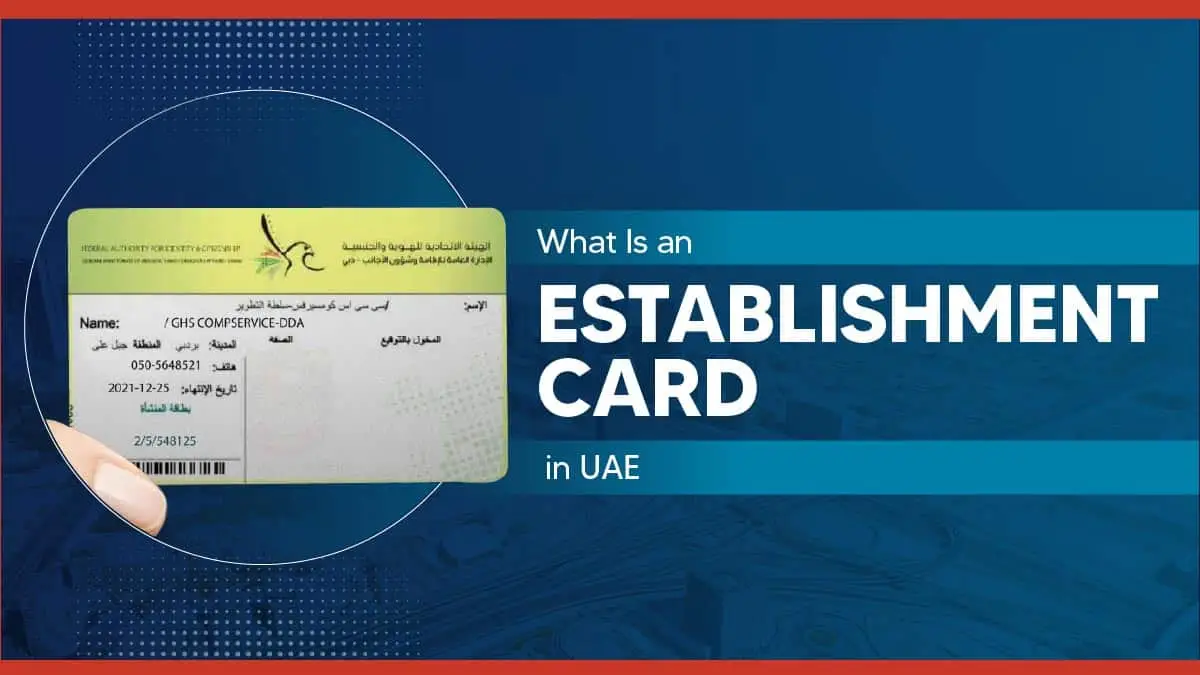Setting up business in the UAE can introduce you to enormous laws pertaining to the commercial legal structure in the region. However, the UAE also emphasizes on the employer-employee association and the series of laws following it – such as ministerial decrees, UAE labor law and so on.
To mention, the UAE Federal Law No. 8 of 1980 known as the Regulation of Labor Relations, the Federal Laws No. 24 of 1981, No.15 of 1985, No.12 of 1986 and the ministerial decrees passed through the years are some of the most predominant laws stated also special economic zones have their own employment rules. Nevertheless, these rules do not challenge the Labor Law, rather add benefits to the employees. The visa regularities as well as the UAE immigration orders and decrees are an addition into the employment sphere.
These organizational measures and the Labor law in UAE can be a complicated process with countless sections, amendments and regular updates. It is always best that these important factors are taken into consideration by an employer before appointing an employee – those further acts in the interest of the company.
The Significance of the Labor Law in the UAE in the Private Sector?
Employer-employee ties in the private sector are governed by Federal Decree-Law No. 33 of 2021 on the Regulation of Labor Relations in the Private Industry, also referred to as the ‘UAE Labor Law.’ The law’s requirements apply to all private-sector firms, employees, and employers.
The law took effect on February 2, 2022. The old Federal Law No. 8 of 1980 was annulled. The new law is intended to safeguard both parties in an employment relationship by allowing them to use their privileges in a balanced manner.
The labor law in the UAE addresses issues like working hours, overtime, leaves, vacations, and public holidays, as well as issues such as employing minors, employee information, safety requirements, minimum wage, loss of employment, end-of-service incentive payments, and work damages.
Forced servitude and discrimination on the grounds of gender, ethnicity, color, birth, religion, national or economic origin, or disability are prohibited under the Dubai Labor Law. It also outlines the responsibilities of employers to their employees.
What is the Scope of the UAE Labor Law?
All personnel working in the UAE, whether UAE natives or expatriates are subject to the law. It doesn’t, however, apply to:
- Employees of the federal government and municipal government bodies
- Members of the armed forces, cops, and security personnel
- Domestic staff
Labor Law in the UAE – Actions to Consider for Employers
The following actions should be considered by all concerned employers:
- Make sure staff understand how the new UAE Labor Law will affect them.
- Update the standard employment agreements to reflect the need that all employees be given three-year fixed-term commitments.
- By February 2, 2023, verify that all existing employees on indeterminate employment contracts are transferred to fixed-term employment agreements.
- Modify or replace current employment contracts or policy papers that refer to specific statutory entitlements (such as 45 days of maternity leave).
- Change the existing sick leave policy to indicate that employees are not eligible for paid sick leave while they’re operating in the probationary period.
- Make changes to current maternity and paternity vacation reforms to reflect the new rights.
- To highlight the new anti-discrimination/bullying/harassment regulations, consider creating equal opportunity and anti-bullying and misconduct policies.
- Consider putting in place a grievance policy to make it easier for employees to report discrimination, bullying, and intimidation.
- Revise disciplinary clauses to reflect:
- The extended variety of reasons for termination.
- The restriction on discrimination, intimidation, and harassment.
- The information that an employee’s end-of-service compensation can no longer be denied in any circumstances.
- Update working time guidelines to reflect the extended hour cap and modifications to overtime compensation computation.
- Create a policy for compassionate leave aligned with the Dubai labor laws.
Listed are the Core Principles You Need to Know as an Employer:
The UAE Labor Law
UAE Labor Law accommodates the characteristics of the employer-employee association. The law creates guidelines for employment contracts; restrictions on employment terms; maintenance of documents; directions on wages; regulations related to working hours; procedures with regards to leave; safety, protection, medical and social welfare for the employees; codes of conduct and discipline; end of employment contracts; reimbursement on occupational issues; labor examinations; employment related accidents and death and so on.
Concept of Sponsorship
Most companies in UAE sponsor the employees – such as their visa, tickets, etc. (under circumstances companies also offer accommodation, food etc.) However, the crucial aspect as an employer is that – the employee’s actions including the liabilities and misconducts becomes the responsibility of the company. Thus, the employer is required to ensure that at the end of services, the employee has a ticket to exit the country or has been transferred to someone else’s sponsorship.
Employment Visa
This is one of the indispensable principles of appointing a person. An employer can only appoint a person under employment visa – and in most cases the employer sponsors the visa. Though, there are few exceptions to this rule – for instance individuals on spouse visa, students or part-time employees. The employer subjected to appointing individuals who either do not have an employment visa or hold an incorrect visa are charged with heavy monetary penalties – jail sentence as well as ultimately deportation at times.
The Employment Contract
The employment contract is a very important document providing substance to the relationship between the employer and the employee. Employment Contract is a government issued contract, irrespective of the economic zone. At times, companies also have their own employment contracts with added guidelines, restrictions and reimbursements. These documents need to be prevailed and serve as governing instruments in the event of dispute.
Termination & Compensation:
Most contested issues of the employment relationship in UAE are related to termination and compensation. Termination is segregated under categories terming them as premature and/or due to a cause. Moreover, the compensation is determined on the terms of termination. Whatever the scenario is, coming to a conclusion with the employee is at times problematic for the employer.
The employer must note that there are mainly two types of termination notice that can be given to the employee. First one is the premature, under which the minimum termination notice as per the Labour Law is one month. The second one is by cause, that is served pursuant to Article 121 of the Labour Law – under which the employee can be terminated at once. It also states that the employee has been responsible for misconduct. Under Article 121, the employer is not liable to pay the employee any further notice or compensation.
End of Services:
As an employer, you must know that in UAE the employees are remunerated for their period of service. At the end of services, companies provide employees with interim income that they are entitled to as mentioned in the contract, which is normally 1 year of continuous service. For the first 5 years of service, an employee is entitled to 21 days of basic salary for each year of service. After the fifth year of service, the end of service benefits are 30 days for each additional year of service. Although factors such as commissions, bonuses and raises into the basic salary completely depend on company to company and are calculated regularly as the end of service benefits.
To know more on what are your welfares as well as your liabilities as an employer – contact Shuraa Business Setup now! We assist you with all the formalities related to appointing an employee – the recruitment procedures, employment contracts, employment visas, transfer visas, assistance in comprehending with UAE labour laws and so on.







